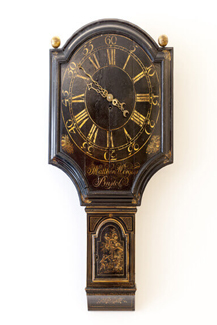Want to restore your smile quickly and without spending a fortune?

At Harley Street Dental Clinic, we can offer a treatment that can whiten enamel, conceal cracks, reduce sensitivity and strengthen damaged teeth all at once; composite bonding Harley Street!
Here, our team at the practice answers common questions that we receive about composite bonding Harley Street, so read on to learn more!
What is bonding?
Composite bonding Harley Street is one of the easiest and least invasive types of cosmetic dental care which is used to conceal a myriad of aesthetic issues, while also helping to prevent physical ones.
Bonding can be used to conceal cracks in the teeth, along with correcting gaps between teeth, and discolouration. It can also be used to strengthen teeth that have been weakened by fractures and can also help with issues surrounding dental sensitivity caused by microscopic holes in the enamel.
As you can see, it is very versatile!
Is it uncomfortable?
The treatment itself is not uncomfortable, so there will be no need for you to have a local anaesthetic before we begin applying the bonding.
In essence, all the treatment involves is the moulding and shaping of composite that is placed directly onto the teeth. We will use drills to achieve this, but don’t worry! The drill will not come into contact with your gums, so there will be no discomfort during the shaping of the bonding.
Can I eat after it is done?
When you have had the bonding fitted, we generally advise that you wait for around an hour so that it can settle.
This is to ensure that the composite has completely hardened and that it will not become warped or impacted by foods, which can change the shape of the coverings, meaning they would have to be redone.
When will it need to be replaced?
On average, bonding lasts 5 years, but this varies from patient to patient and is dependent on the level of care you put into maintaining the coverings and your lifestyle choices overall.
If you are a smoker, for instance, it is likely that your bondings will not last as long as they would with a non-smoker, due to gum inflammation that often accompanies smoking.
Also, when you undertake bonding, you will need to brush your teeth as usual, floss them and keep an eye out for signs of gum disease. In line with this, it is also wise to visit our team every 6 months for a check-up, so we can ensure that your bonding is not coming loose or that decay has not set in under the coverings.
Is it expensive?
Many patients have concerns that this type of cosmetic experience will be too expensive for them to afford.
However, while similar to veneers in what they do and how they are fitted, this type of dental coverage is more affordable, as it can be done in one session in our surgery and does not need any external equipment or facility, such as a laboratory that is used to create veneers.
Therefore, it is worth discussing with our team how much bonding is likely to cost and, if needed, we can even discuss financing options for you if appropriate.
